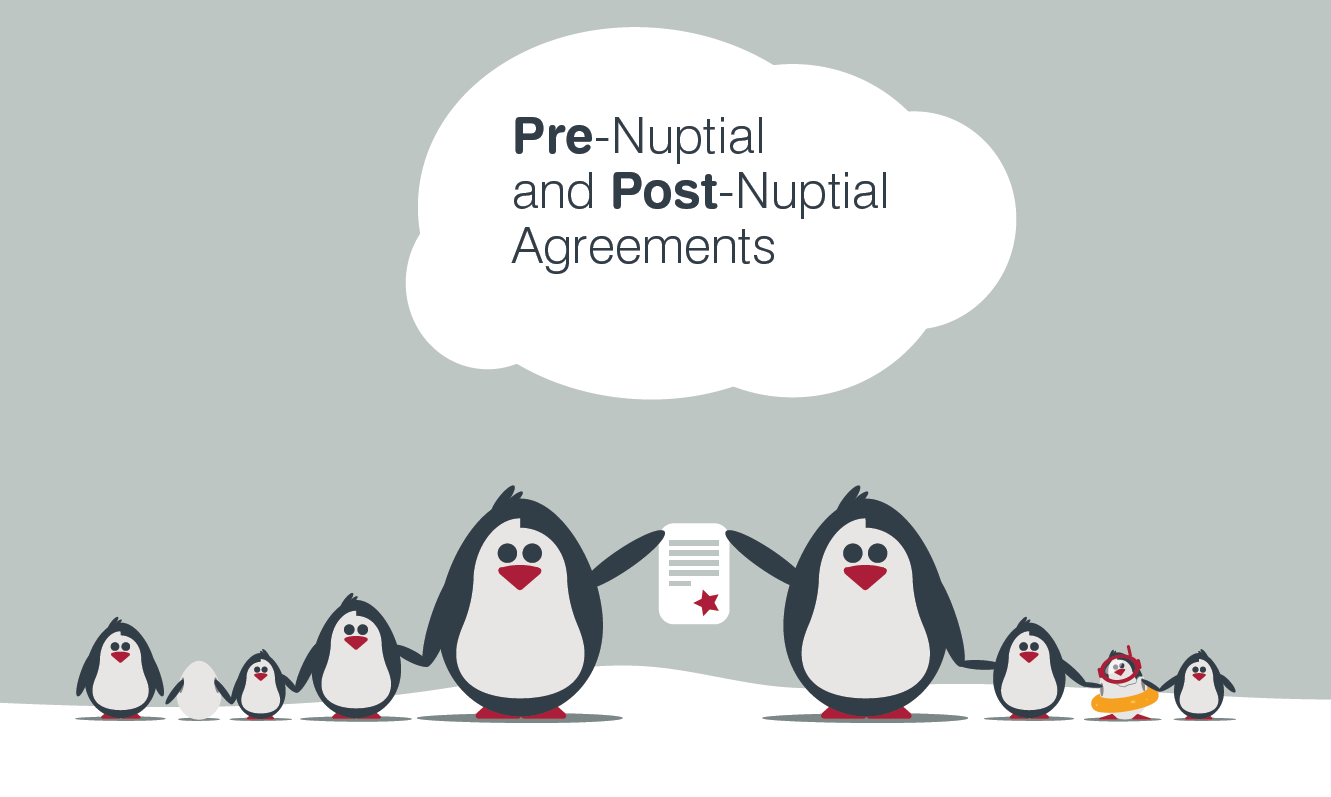Racking up millions of likes on Instagram in a matter of hours, it’s not only the announcement of pop star Taylor Swift’s engagement to American football player Travis Kelce that has got people talking. Another topic of discussion is a pre-nuptial agreement for the couple given their substantial wealth.
Despite both being incredibly wealthy, there is a significant disparity between Swift and Kelce’s fortunes – Swift is rumoured to be worth well over $1billion while Kelce is believed to have an estimated net worth of over $90million.
Given both Swift and Kelce’s riches, it is not uncommon for such couples to enter into a pre-nuptial agreement to protect their fortunes for themselves and their families. However, pre-nuptial agreements are not just the preserve of celebrities or the ultra-wealthy.
A 2021 study by think-tank Marriage Foundation has found that pre-nups in the UK are on the rise. While usually associated with the ultra-high net worth or mega-famous, the report showed that 20% of all couples married since 2000 had some form of a pre-nuptial arrangement, up by nearly 10% from the 1990s.
There are many reasons to explain this rise in pre-nups, not least financial insecurity following the 2008 recession and the Covid-19 Pandemic, and more recently the current Cost of Living Crisis which could have a further impact. There has also been a shift in cultural attitudes towards marriage, with couples increasingly getting married later in life and possibly already owning property or having built up significant assets from inheritance, investments or saving during their working career. It has also been suggested that pre-nups are becoming increasingly popular among wealthy women, especially those who have built their own successful businesses and want to protect their assets should their marriage irretrievably break down.
Bhini Phagura, Associate Solicitor in our St Albans office, discusses everything you need to know regarding pre-nuptial arrangements.
What is a pre-nuptial agreement?
A pre-nuptial agreement is an agreement reached by a couple before they marry or enter into a civil partnership. It sets out exactly who owns what, helps with all the couples’ belongings, assets, property and money.
The pre-nuptial agreement sets out in a document what will happen in relation to the financial aspects in the event that their marriage or civil partnership breaks down.
When should you consider a pre-nuptial agreement?
The most common reasons for having a pre-nuptial agreement are:
- Protection of inherited or family wealth or where there is a disparity in wealth between the couple;
- Second marriages. This is common when one or both parties want to preserve some element of their estate for their children from a previous relationship;
- You’re bringing assets and/or property to your marriage that may be difficult to split;
- Any business or investments that you want to keep control of.
Why are pre-nuptial agreements important?
- Pre-nuptial agreements are important as they are designed to help protect your or your spouse’s wealth;
- They can offer certainty so that the couples can agree in advance what will happen to their assets in the event of a divorce;
- They minimise conflict in the event of a divorce because the division has already been agreed.
Are pre-nuptial agreements legally binding?
Since the case of Radmacher v Granatino in 2010, pre-nuptial agreements are viewed with the presumption that the parties entered into it wishing to be bound by it. The court has to be satisfied of the following:
- that there was material disclosure exchanged by the parties,
- that each party has had the opportunity to seek legal advice,
- that there was no fraud, duress or misrepresentation in reaching the pre-nuptial agreement,
- both parties were in a calm, rational state; and
- that the agreement was fundamentally fair at the time it was entered into.
If you find yourself in this situation and need assistance, please contact Rayden Solicitors to discuss matters further with a specialist family solicitor.
















